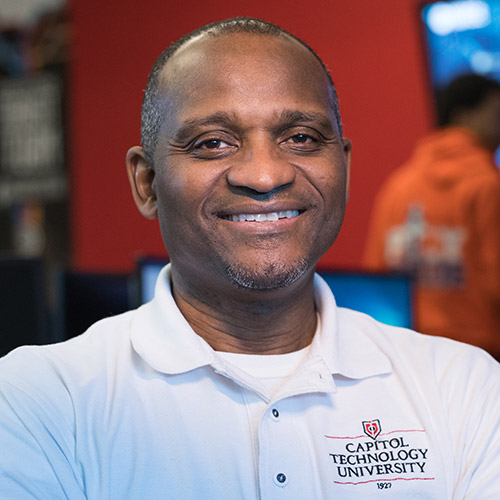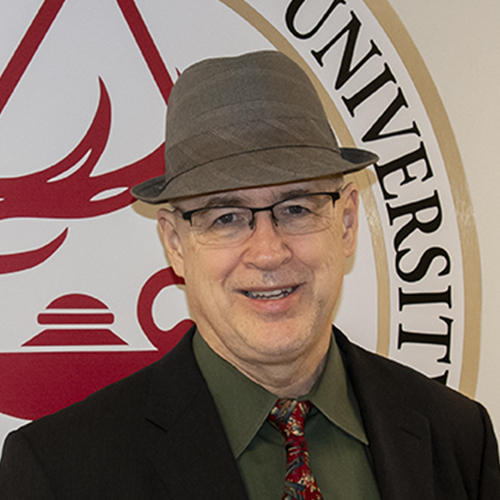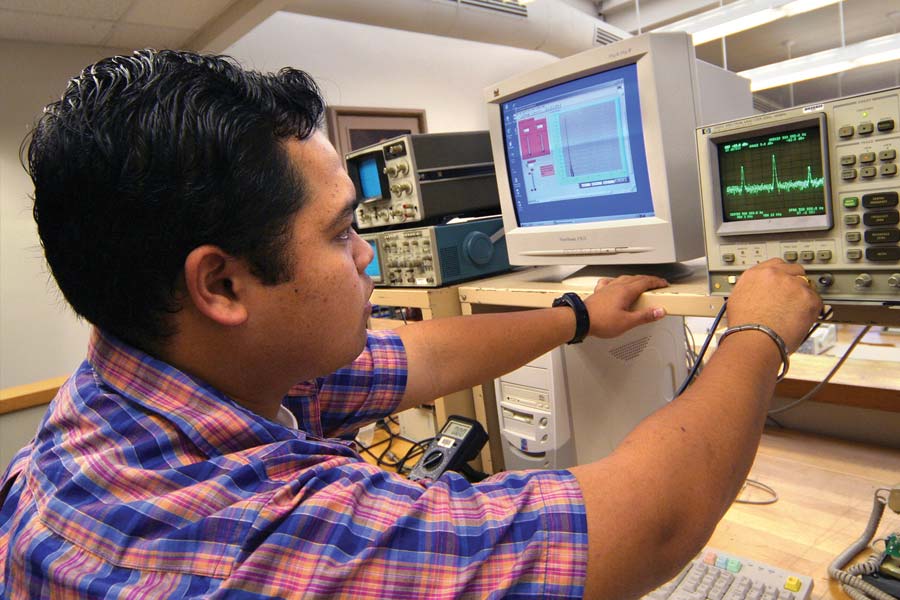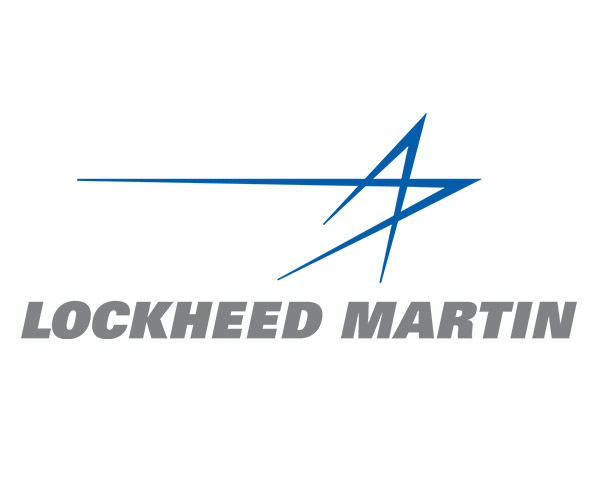Associate of Applied Science (AAS) in Computer and Cyber Operations Engineering
Earn an Associate of Applied Science in Computer and Cyber Operations Engineering, design tomorrow's technology.
Capitol's computer and cyber operations engineering program bridges the gap between hardware and software and links digital technology to computer applications. Coursework covers everything from operating systems and hardware to programming languages and software design.
You'll apply what you've learned by designing, testing, and troubleshooting computer devices and systems in the lab. And by the time you graduate, you'll have a comprehensive understanding of it all.
Why Capitol?
Our location puts you in the heart of the action.
The Baltimore/Washington D.C. area has one of the largest concentrations of high-tech companies, defense contractors, and government agencies in the United States, making it easier to find interships and high-paying jobs.
Our classes are taught by working professionals.
A field like computer engineering technology is constantly evolving, which makes our faculty extremely valuable since many are experts in the field.
Our motto, 'find a way or make one' delivers job ready skills.
Hands on classes, combined with extracurricular clubs like: League of Legends, the robotics club, and the gaming club, help you hone the skills needed to excel in the workplace.
Support for you
Whatever type of resource you need - a way to improve your math skills, a place to exercise, help with a job search or a disability - we have facilities and personnel ready to help.
Key Faculty

Dr. William Butler
Vice President
Dr. William (Bill) Butler is currently the Vice President of Academic Affairs at Capitol Technology University. Prior to this appointment in 2021, Dr. Butler served as Cybersecurity Chair for 8 years at Capitol Tech. Earlier in his career, he worked in the networking and IT industries as a network engineer and consultant for over 20 years. He also served as a joint qualified communications information systems officer in the U.S. Marine Corps and retired as a Colonel with 30 years of service (active and reserve). Dr. Butler holds a Doctorate in cybersecurity earned from Capitol focusing on preserving cellphone privacy and countering illegal cell towers (IMSI catchers).

Dr. Richard Hansen
Professor of Practice
Dr. Richard Hansen is a Professor of Practice in Cybersecurity. He mentors and supports student projects from the university’s Cybersecurity program, the Cybersecurity Competition Team (“Signal 9”) and the Astronautical Engineering Program. He also provides outreach to government and industry. Dr. Hansen has a Masters Degree in Computer Science from the Johns Hopkins University and a Bachelors Degree in Electronic Engineering from Capitol College. His research interests include Cybersecurity for the Internet of Things, application of Socratic Learning for technology training & education, autonomous vehicle communications & countermeasures, and Entrepreneurship. Dr. Hansen is a military veteran and serves as the CEO of a Cybersecurity and Research firm.

Dr. Ron Martin
Professor of Practice
Dr. Ron Martin is a Professor of Practice at Capitol Technology University, specializing in the functional areas of Critical Infrastructure, Industrial Control System Security, Identity, Credential, and Access Management. Dr. Martin maintains professional relationships with a diverse mix of businesses. He serves on the board of directors for many profit and nonprofit organizations, such as the International Foundation for Protection Officers (IFPO), and the Institute of Electrical and Electronics Engineers (IEEE) P2887 - Zero Trust Security Working Group (ZTSWG) as Vice Chair. He is a voting member of the U.S. Technical Advisory Group to the International Standards Organization (ISO), which works to develop and articulate the U.S. position by ensuring public and private sector stakeholder involvement. He is also a member of the Cloud Security Alliance Zero-Trust/ Software Defined Perimeter Expert’s Working Group and the Security Industry Association Standards Committee.
Top Employers of Capitol Technology University's Graduates
Career Opportunities
The Capitol Commitment
We’ve created a game plan to make sure you find a job upon graduation. Learn more.
Market Demand Computer Engineering Technology
- 82% of our graduates have a job or enter graduate school 90 days after commencement
Requirements
The Associate of Applied Science in Computer and Cyber Operations Engineering degree is a total of 62 credits, which covers technical courses, mathematics and sciences, and English and social science courses.
Tuition & Fees
Tuition rates are subject to change.
The following rates are in effect for the 2025-2026 academic year, beginning in Fall 2025 and continuing through Summer 2026:
- Anytime Online Tuition - Standard Rate ** $455 per credit, plus fees
- Anytime Online Tuition - Partnership Rate ** $360 per credit, plus fees
- Active Duty Military Tuition ** Tuition $250 per credit, plus fees
- Retired Military Tuition ** Tuition $769 per credit, plus fees
- Information technology fees
- Part-time (1-11 credits) - $45 per credit
- Full-time (12+ credits) - $440 per semester
- International student fee - $778 per semester
**eligibility for this rate requires acceptance into an anytime online program; additional discounts or scholarships do not apply
Find additional information for 2025-2026 undergraduate tuition and fees.






